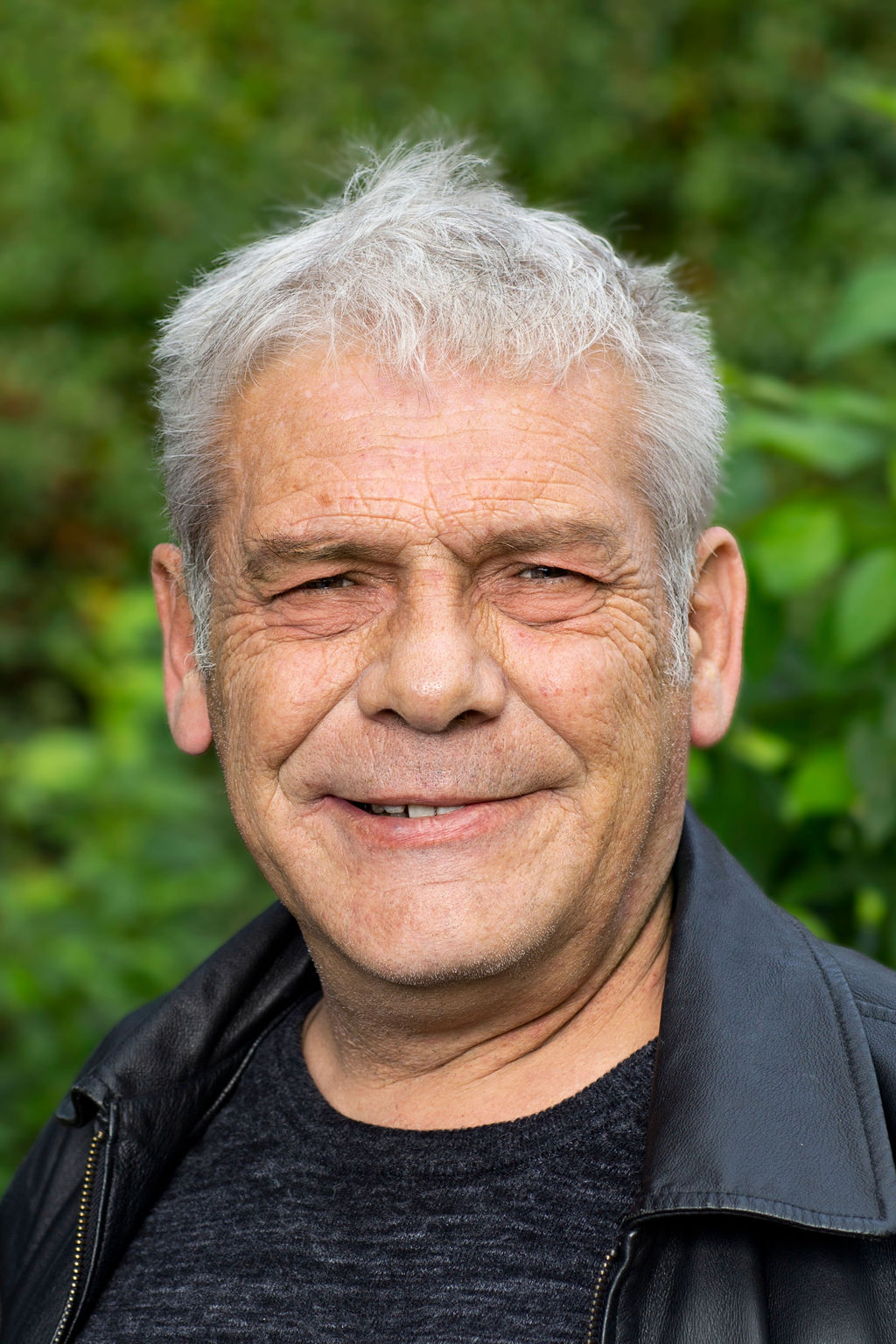Julian's story

Julian joined the Army parachute regiment a week after his sixteenth birthday in 1980 and just two years later he saw active service in the Falklands. A gunshot wound to his leg limited his service career and eventually he left the Army in 1986 due to ongoing physical health problems.
“After being medically discharged, I had a variety of jobs until in 1989 I decided to further my education. After a university course in Life Sciences, I became a secondary school teacher. “But from when I first left the Army, my behavior was erratic.
I drank heavily, was aggressive and often got into fights when I was out. At home, I got agitated easily – if I was making a meal and something went wrong, more often than not the whole dinner would end up in bin and I’d smash the plates up.
“And at work as a teacher, I’d used my voice at lot with the kids and self-harm when I was really frustrated – for example, banging my head against the staff room wall.
“But I didn’t think anything was wrong and friends just thought it was the way I was. Back then no-one understood what PTSD was or realised that was my issue.
“It wasn’t until 1994 that my partner began to point out my erratic behavior. She’d see me publicly self-harming and stomping about and would talk to me about it. But I couldn’t see it – I had many more years of denial ahead of me.
The change came when I went to an Army reunion in 2007. It was there that I heard how others had sought help from Combat Stress and so 25 years after I went to the Falklands, I got in contact with the charity.
“I started receiving treatment in 2008. From the very beginning I learnt about using my senses to help manage my emotions but in 2020 the occupational therapists at the charity began to offer sensory modulation and, building on what I knew already, made such a difference to me. “Working with them, we discovered that my profile showed that I have a very high tolerance for sensory input. This means I’m more comfortable in an environment which stimulates my mind. For example, a room with blank walls would be agitating to me but, if there were pictures on the walls and some lit candles, I’d be much calmer as it would help keep my mind stimulated. Knowing what I need to have around me means I can be in control of my environment, which in turn means I can be more in control of my emotions.
Find out more about Occupational therapy and sensery modualtion here
“Through the sensory modulation programme, I learnt a whole range of different ways to help myself. For example, I find writing fictional stories, with a pencil on paper very helpful. This give me a really high sensory stimulation – I like the feel of the pencil rolling across the page.
“Pyrography – the art of wood burning – is another thing I’ve found very therapeutic. It’s full of sensory stimulation from sanding down the wood to the smell of burning and the aesthetic of creating the image. Another good thing is that of course it all has to be done very slowly.
My thoughts are often going at 200 miles an hour – anything that can help slow my brain down is really useful.
Learning about and using sensory modulation has changed my life in such a massive way. If I’m starting to get agitated, I have something I can fall back on.
The sensory approach really lends itself to getting back to the here and now quickly. What’s more, I know how to set up my home to best meet my sensory needs – for instance, I have candles lit all day now.
“Looking back now I can see that my time in the Falklands didn’t just affect me physically but mentally too. I thought the answer to my problems was to carry on, head down, just getting on with things but I know now it would have been much better to recognise I had an issue with my mental health. “Treatment isn’t a magic wand – I still have horrible feelings but, thanks to Combat Stress, I now have the armoury to do something in the here and now to help myself.”
October 2020
